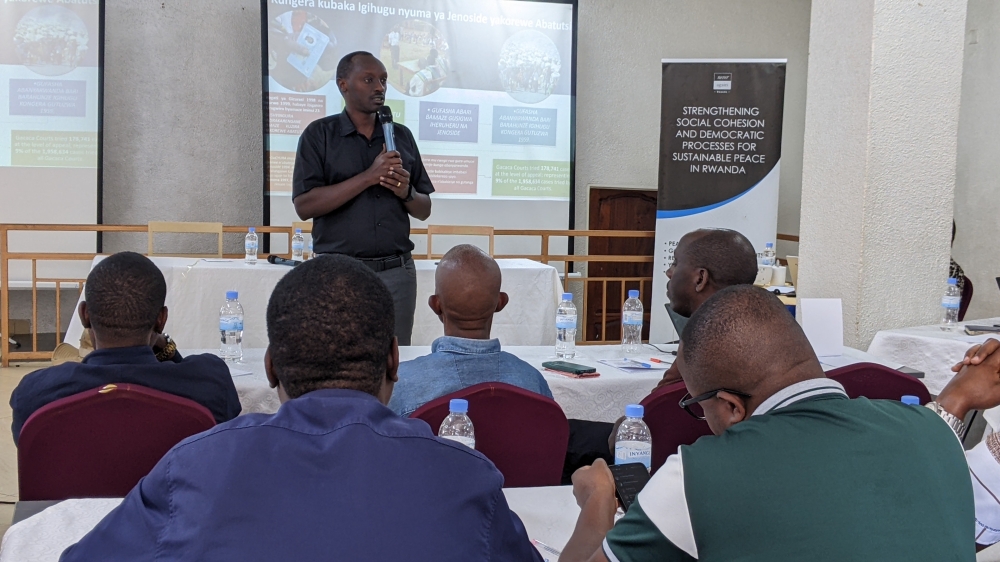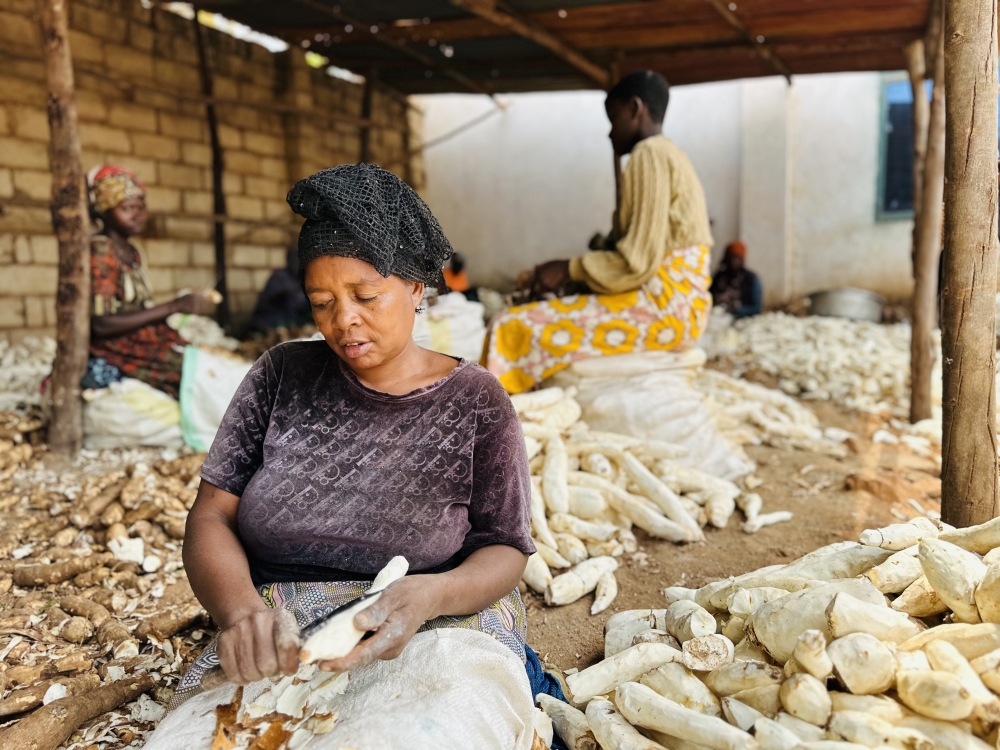Last year’s World Development Report (WDR), released annually by the World Bank, observes that insecurity has become a primary development challenge of our time.


Last year’s World Development Report (WDR), released annually by the World Bank, observes that insecurity has become a primary development challenge of our time.One in four people on the planet, the Report says, live in fragile and conflict affected states or in countries with very high levels of criminal violence. Criminal violence has been categorized as one of the new forms of conflict and violence that threaten development. Quoting the often cited example of South Africa among countries ridden with serious urban crimes, the Report notes that despite having successfully negotiated political and peace agreements after violent political conflict, high levels of violent crime seem to pull back the gains, constraining development.In this sense criminal violence has been described as presenting second generation challenges after addressing political conflict.At the other extreme, some countries emerging from long legacies of political violence have been among the fastest making progress on national development. Here Rwanda is mentioned alongside Ethiopia and Mozambique, especially in the progress made towards the attainment of the Millennium Development Goals.Rwanda’s third Integrated Household Living Conditions Survey and the fourth Demographic and Health Survey, whose reports were released this week in Kigali, give a clear indication of this progress. First, the survey shows that poverty in the country has dropped by 11.8 percent since 2006. In real terms, according to the survey, the figure comes to over 200,000 households, about to one million people, having emerged from poverty in the past five years. Secondly, there is improved access to healthcare, while MDG targets such as on infant and maternal mortality including poverty reduction among others are on track for the 2015 deadline.To undergird the gains made, the second Economic Development and Poverty Reduction Strategy has been launched for implementation towards the next level of individual and national development. According to the World Development Report, poverty is declining for much of the world, but countries affected by violence are lagging behind. It observes that for every three years a country is affected by major violence, such as battle deaths or excess deaths from homicides equivalent to a major war, poverty reduction lags behind by 2.7 percentage points. With the statistics, the Report notes that risk of conflict and violence is the combination of the exposure to internal and external stresses and the social capability for coping with stress embodied in legitimate institutions. Internal stresses may include youth unemployment which may be a motive for joining both rebel movements and urban gangs. External stresses may include climate change and natural resource competition leading to inter-state conflict. Another is corruption in as much as it may have international links through illicit trafficking and money laundering. To counter the stresses requires capable institutions, which take time to build. The Report is alive to this fact noting that institutions which endure are sustained by the respect and affection of the population—a process which takes at least a generation. "Even the fastest-transforming countries have taken between 15 and 30 years to raise their institutional performance from that of a fragile state …to that of a functioning institutionalized state,” Observes the Report.It has taken Rwanda only 18 years since the end of the Genocide against the Tutsi for the gains that have been achieved, affirming that it is possible to completely recover from conflict.




